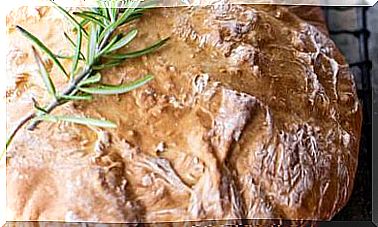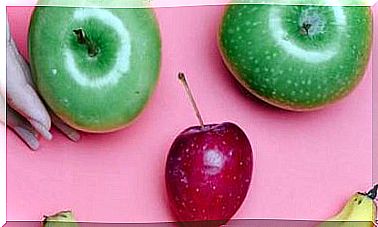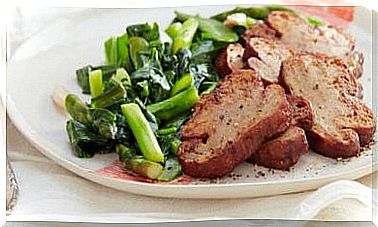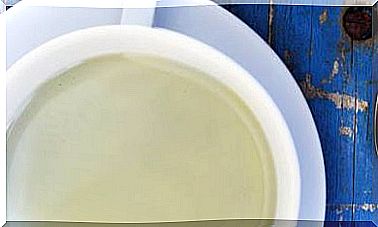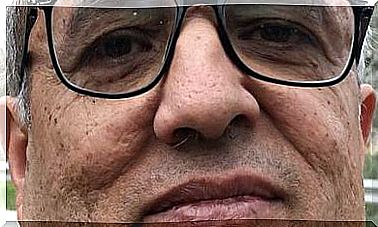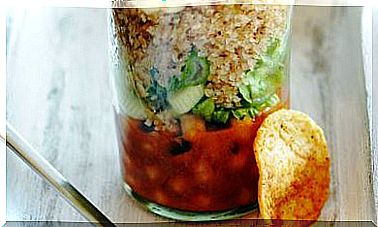Can Organic Production Die Of Success?
Organic farmers are concerned that large industries will harm the quality of certified production.
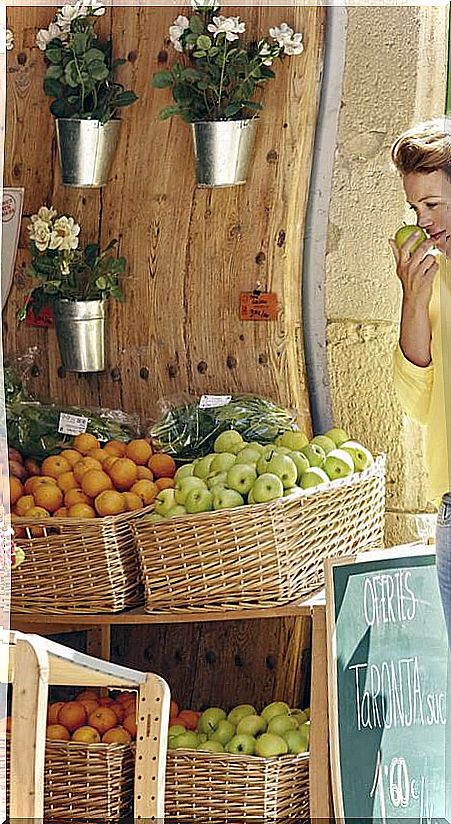
Organic production is one of the fastest growing economic sectors in Europe. It has attracted the attention of large companies in the food industry and traditional organic producers, who have struggled for decades against all kinds of obstacles, now fear that the certification will be distorted.
Spaniards spent 1,686 million euros on organic products during 2017 (the last year with available figures). This means almost 200 million euros more than in 2016, a 13% increase, at a time when the general economy was growing at 3%.
Large companies focus on organic production
The giants of the food industry are seeing in the organic sector a way to grow. There are regulations that must be complied with, but the quality of current organic production depends largely on the passion of small and medium-sized producers convinced of what they do. Will large companies know how to do it the same?
“The landscape is changing with the arrival of actors who do not share the same values. Supermarkets are putting pressure on their suppliers,” says Charles Pernin, General Delegate of Synabio, a French union that brings together organic manufacturers and distributors.
“The risk is losing consumer confidence if the reality of organic agriculture no longer meets their expectations,” warns David Léger, leader of the FNAB, the French National Federation of Organic Agriculture, in statements to the newspaper Le Monde. The president of this organization, Guillaume Riou, has called for Europeans to “block the road to the industrialization of organic farms.”
Regulations have yet to be approved
Since May 2018 there is a new European regulation of organic production that will enter into force in 2021 (EU Regulation 2018/848). The European Commission defends that the new regulation is stricter than the previous one. But regulations remain to be developed – the so-called “delegated acts”, by the Commission, and the “implementing acts”, by the member countries – with details that may be decisive.
Traditional organic producers are very special. Contrary to what happens in other sectors, they want to comply with strict regulations, because they ensure the quality of the food and the confidence of the consumers in it. And they fear regulations will dangerously lower the bar for green leaf certification.
For example, the general regulations have not fixed the number of egg-laying hens that can live on an organic farm. The FNAB warns that in France there are already farms with 15,000 laying hens and in Italy there are 100,000. The FNAB wants the regulation to put a cap on 9,000, even if this hurts some farmers who have already launched into big production.
Can ecological greenhouses be heated?
Another detail is whether ecological greenhouses can be equipped with heating or not. The strictest organic products in southern Europe do not want it, because seasonal production would be distorted. However, in northern Europe producers want it to improve the profitability of their farms.
On the other hand, some of the modifications of the new European law may play in favor of a higher quality. For example, imported products will not be able to exhibit any eco certification if they do not exactly meet the EU requirements and equivalences that allowed imports from other countries meeting similar standards will be eliminated.


